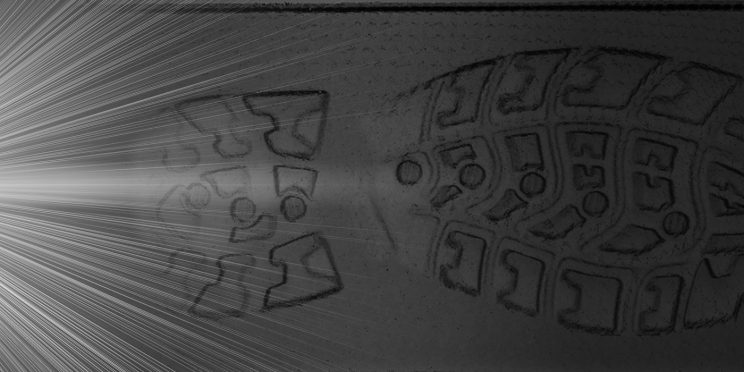This webinar originally occurred on November 4, 2021
Duration: 1 hour
Overview
Medical examiners and coroners use a variety of data sources to complete a medicolegal death investigation (MDI) and make determinations on a cause and manner of death. One of those data sources is state prescription drug monitoring programs (PDMPs). PDMPs are state-operated databases and medicolegal surveillance systems that document the dispensing of certain prescription medications to individual patients. Typically, PDMPs aggregate transactional records of controlled substance prescriptions when dispensed in outpatient pharmacy settings. This means that a patient receives the medication for in-home use rather than being administered the medication directly by a healthcare provider within a medical facility, such as a hospital or clinic. This information can provide critical details on a patient’s history of treatment for substance use disorder, predicted opioid tolerance, prescribers/dispensers of last contact, unusual drug utilization patterns, and other investigative clues.
Also, medical examiners'/coroners' (ME/C's) use of PDMPs may itself be an area of new research. For example, how much time does an ME/C save during an investigation by using PDMP data? Can tools specific to the ME/C community be developed by PDMPs? Does tracking ME/C's use of the PDMPs provide any insight or value to understanding the substance use epidemic? The answers to these questions could provide valuable information to the MDI community and other stakeholders.
Detailed Learning Objectives
- Attendees will be able to identify how ME/Cs use PDMP data for a medicolegal death investigation.
- Attendees will be able to understand how ME/Cs access PDMPs, how access of PDMPs is tracked in state databases, and what methods exist for quantifying measures of use.
- Attendees will gain awareness of new opportunities and barriers for research on ME/C's use of PDMPs.
Presenter
- Chris Delcher, Ph.D. | Epidemiologist and Associate Professor in the Department of Pharmacy Practice and Science & Director of the Institute for Pharmaceutical Outcomes and Policy at the University of Kentucky
Funding for this Forensic Technology Center of Excellence webinar has been provided by the National Institute of Justice, Office of Justice Programs, U.S. Department of Justice.
The opinions, findings, and conclusions or recommendations expressed in this webinar are those of the presenter(s) and do not necessarily reflect those of the U.S. Department of Justice.
Contact us at ForensicCOE@rti.org with any questions and subscribe to our newsletter for notifications.




